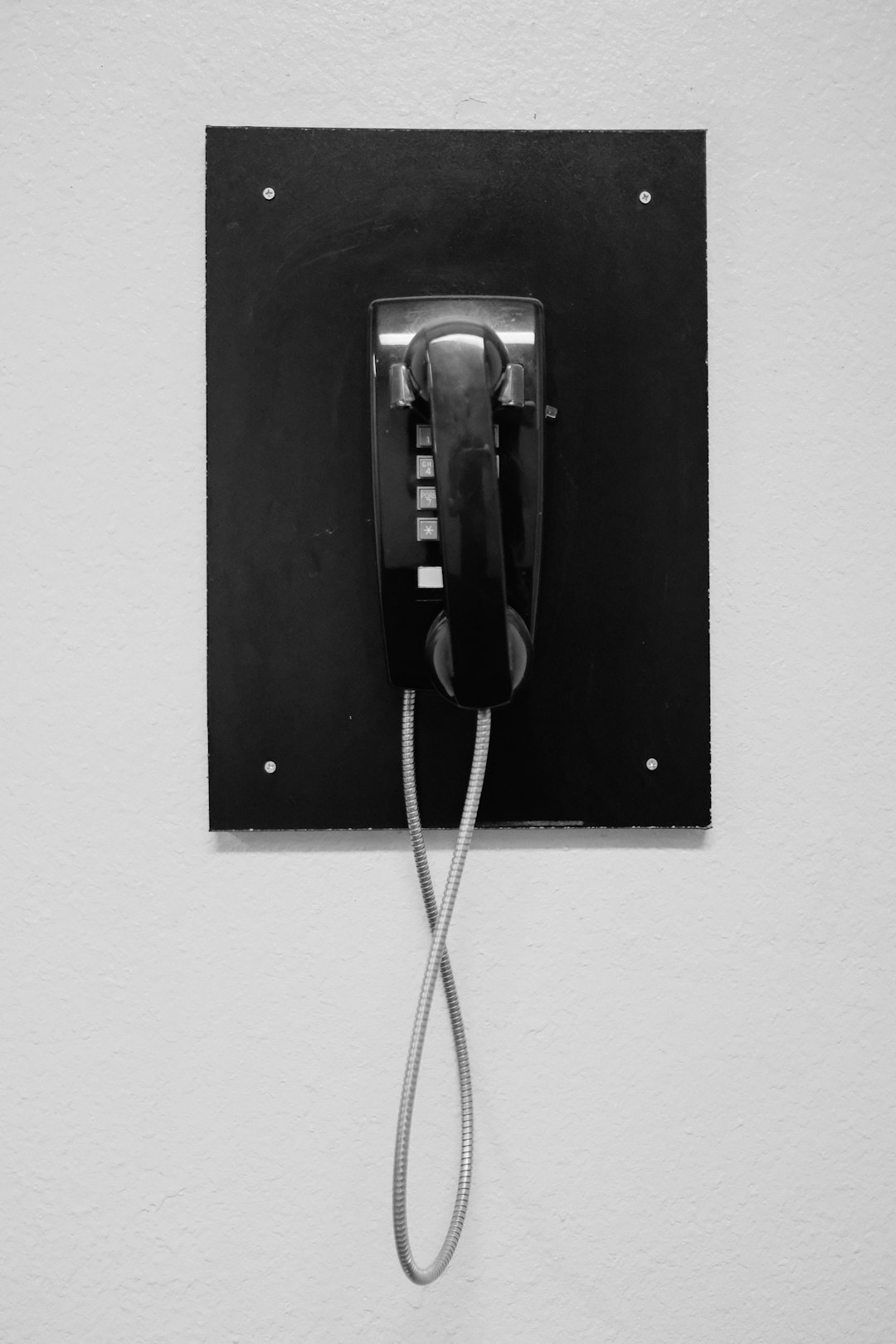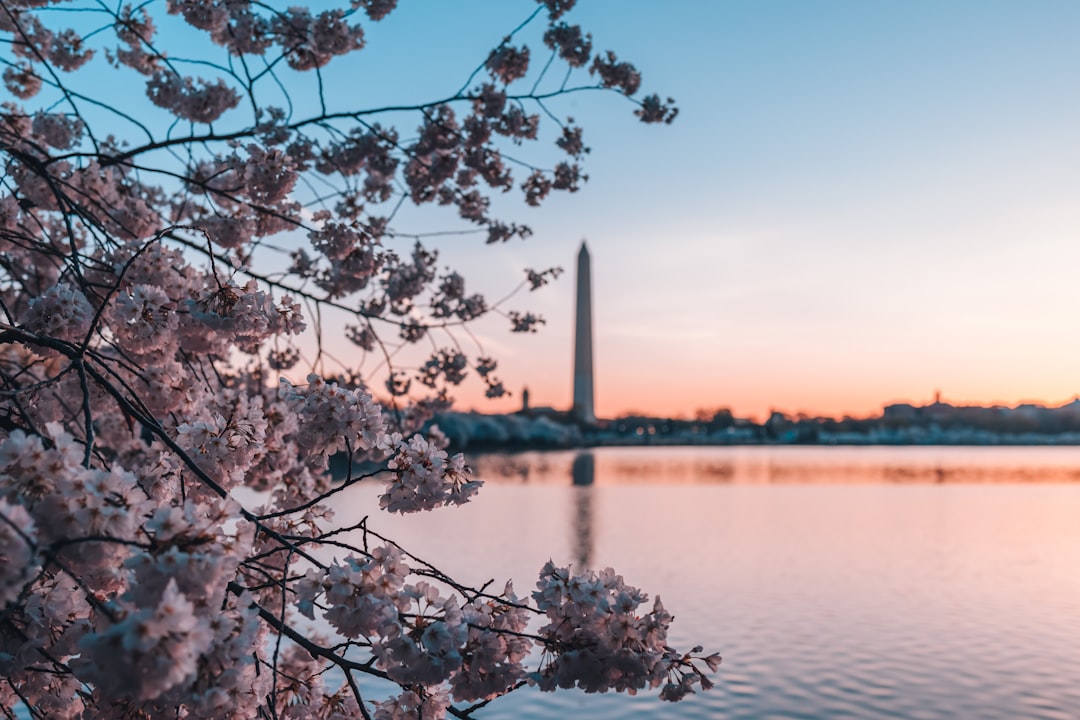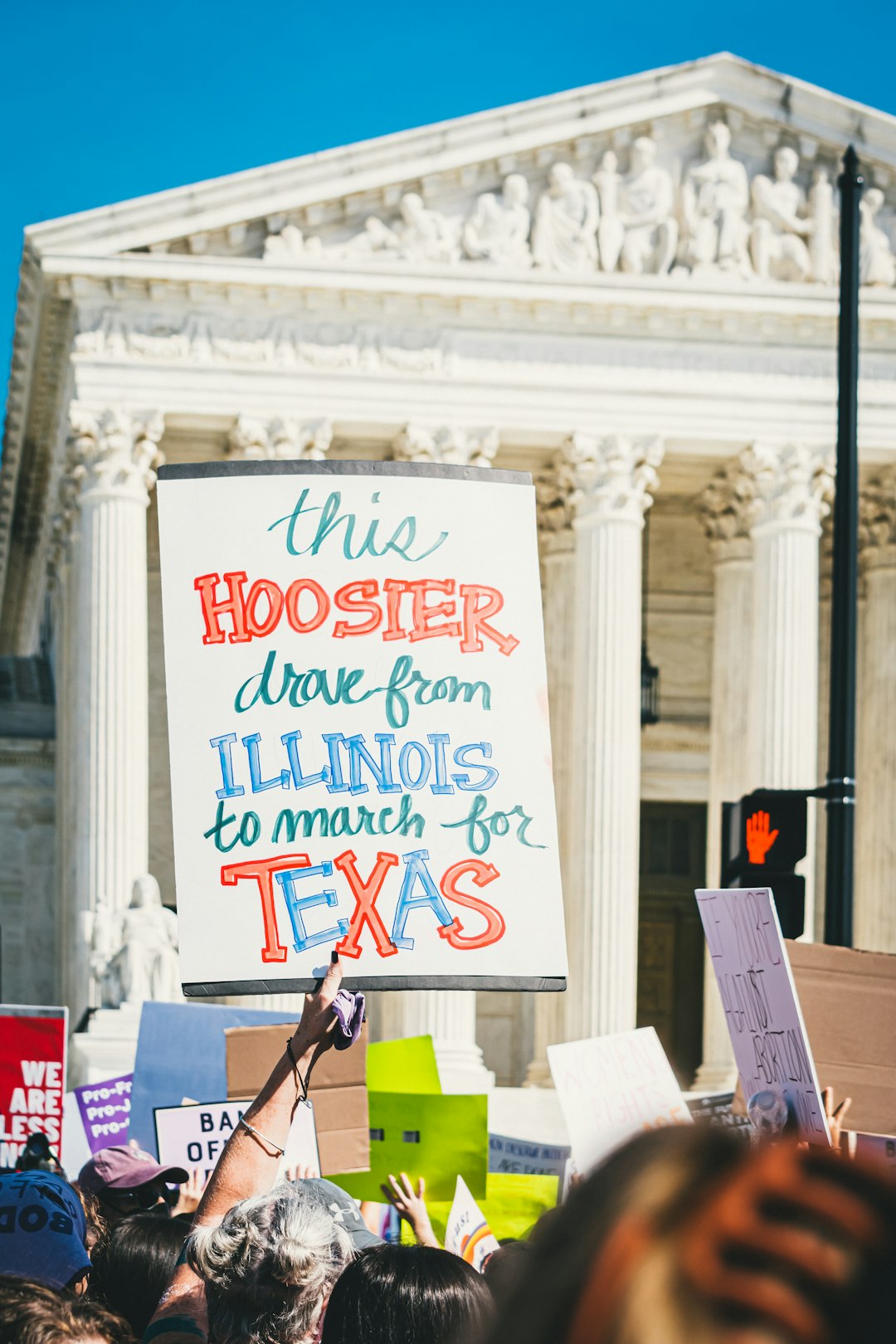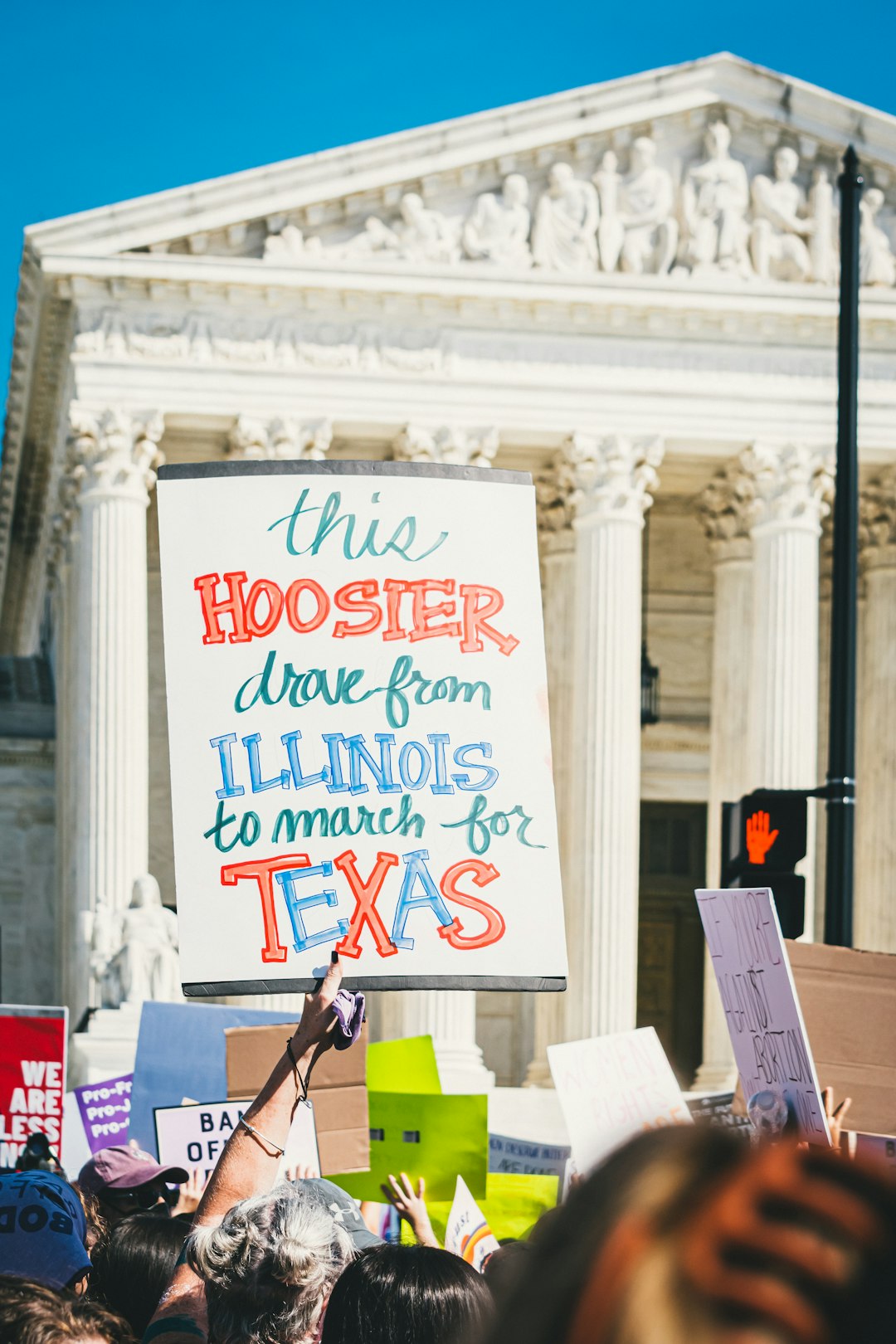District of Columbia residents are protected from spam calls by the DC Consumer Protection Act, which bans automated or prerecorded promotional calls without explicit consent. Media outlets play a crucial role in raising awareness about spam and its legal implications, empowering residents to register on the Do Not Call list and take action against violators. Spam call law firms DC specialize in telecommunications regulations, assisting victims with evidence gathering, documentation, and court representation. Law firms implement advanced caller ID technology and staff training to handle spam calls effectively while maintaining professional reputations.
In the age of relentless digital connectivity, the District of Columbia has implemented stringent regulations to combat unwanted phone calls, or spam calls, aimed at residents and businesses. This comprehensive guide delves into the intricate web of DC’s spam calling laws, emphasizing the critical role media outlets play in public awareness campaigns. We explore practical strategies for identifying and reporting these nuisance calls, while also providing legal recourse for victims and effective communication tactics for law firms facing persistent spamming.
Understanding DC's Spam Call Regulations

In the District of Columbia, combating unwanted phone calls is a serious matter with strict regulations in place to protect residents from spam calls. The city’s laws, enforced by a dedicated spam call law firm DC, aim to curb excessive and unsolicited telephone marketing. These regulations are designed to give residents control over their privacy and peace of mind.
Under the DC Consumer Protection Act, businesses and organizations are prohibited from making automated or prerecorded phone calls for promotional purposes without prior explicit consent. This includes calls related to telemarketing, political campaigns, or any other form of advertising. Residents can take action by registering their phone numbers on the Do Not Call list, which is monitored and enforced by the law firm dedicated to spam call regulations in DC.
Role of Media in Public Awareness Campaigns

Media outlets play a pivotal role in public awareness campaigns, acting as catalysts for change and education. In the context of unwanted phone calling, also known as spam calls, media organizations in the District of Columbia have a responsibility to inform their audiences about the rising issue and available legal remedies. By highlighting the impact of these intrusive calls, which often violate privacy rights, local news outlets can empower residents to take action.
Through public service announcements and in-depth reporting, media can dispel myths surrounding spam call laws and the processes involved in seeking justice. Featuring stories of successful cases handled by DC spam call law firms can further underscore the importance of such legislation. This approach not only educates citizens about their rights but also fosters a sense of community engagement, encouraging collective efforts to combat this pervasive issue.
Strategies for Identifying and Reporting Unwanted Calls

Unwanted phone calls, often referred to as spam calls, are a common nuisance in today’s digital age. Media outlets operating within the District of Columbia can play a vital role in educating their audiences on strategies to identify and combat this issue. One effective approach is to encourage viewers and listeners to familiarize themselves with local regulations, such as the DC spam call law firm guidelines, which outline the legal framework for dealing with unsolicited telephone marketing.
When a caller identifies their number as registered under these laws, it becomes easier to report abusive or unwanted calls. Many phone service providers also offer tools to block known spammers. By combining awareness of legal protections with practical reporting methods, residents can actively contribute to reducing spam calls and creating a more peaceful communication environment.
Legal Recourse for Victims of Persistent Spam Calls

Victims of persistent spam calls, also known as robocalls, have legal recourse in the District of Columbia. According to local laws, telemarketers and call centers are prohibited from making automated, unsolicited phone calls for promotional purposes. If you’ve been subjected to repeated unwanted calls, consulting a spam call law firm DC can be beneficial. These legal experts specialize in navigating complex telecommunications regulations and can help determine if your rights have been violated.
They may assist in gathering evidence, documenting the calls, and even representing you in court or through administrative channels. Many such firms offer free consultations to discuss your case and potential options for redress, which could include monetary compensation for harassment or nuisance, as well as injunctive relief to stop the unwanted calls.
Effective Communication Tactics for Law Firms Targeted by Spammers

Law firms operating in the District of Columbia, particularly those specializing in consumer rights or telecom law, often find themselves on the receiving end of unwanted phone calls from spammers. To combat this, effective communication tactics are essential. First, law firms should implement robust call screening and blocking systems to filter out spam calls efficiently. This can be achieved through advanced caller ID technologies that identify and block known spammer numbers.
Additionally, training staff to handle these calls gracefully yet firmly is crucial. Employees should be equipped with scripts or guidelines on how to respond when a spam call is received, ensuring they gather as much information as possible while maintaining professionalism. By adopting these strategies, law firms can protect their resources and maintain a positive reputation in the face of relentless spam calls.






